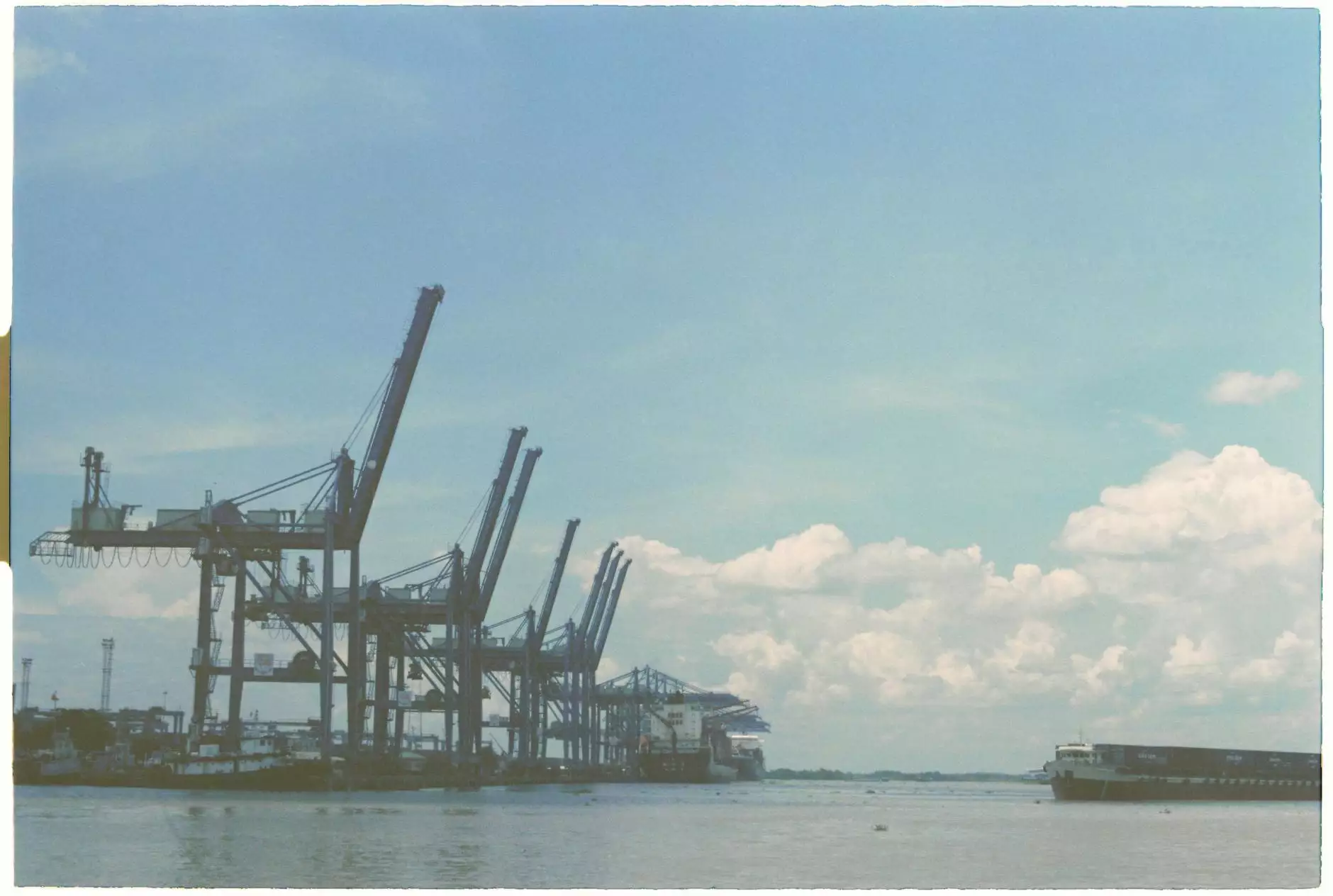Understanding Freight LTL Quotes: A Comprehensive Guide

In the rapidly evolving world of logistics and supply chain management, understanding how to manage shipping costs effectively is crucial for businesses of all sizes. One of the most vital aspects of shipping is obtaining an accurate freight LTL quote. This article will delve into the details of LTL shipping and provide insights that will help you navigate this important aspect of your business, ultimately aiding your success in the competitive marketplace.
What is Freight LTL Shipping?
Freight LTL (Less Than Truckload) shipping refers to the transportation of relatively small shipments of freight. This shipping method allows multiple shippers to share space on a single truck, thereby reducing costs. LTL is ideal for businesses that do not have enough freight to fill an entire trailer but still require reliable transportation. Understanding LTL shipping can significantly impact your shipping strategy and cost management.
The Benefits of Using LTL Shipping
Utilizing LTL shipping provides numerous advantages, including:
- Cost Efficiency: Since you only pay for the portion of the truck that your goods occupy, it is more economical than shipping a full truckload.
- Flexibility: LTL carriers offer various service levels and options, allowing businesses to choose what best suits their needs.
- Environmentally Friendly: By sharing truck space, LTL shipping helps reduce the number of vehicles on the road, thus lowering greenhouse gas emissions.
- Improved Inventory Management: With LTL shipping, businesses can adjust their shipments based on demand, preventing excess inventory and reducing storage costs.
How to Obtain an Accurate Freight LTL Quote
Obtaining a precise freight LTL quote requires understanding the various factors that impact shipping costs. Here are the essential steps to follow:
1. Understand Your Freight Characteristics
Before requesting a quote, it's essential to know:
- Dimensions: Measure the length, width, and height of your shipment.
- Weight: Weigh your goods to determine their density.
- Class: Freight classification is the standard used to determine shipping costs based on the type of goods being shipped.
2. Provide Accurate Shipping Details
When requesting a freight LTL quote, make sure to include:
- Pickup Location: Specify the address where the shipment will be picked up.
- Delivery Location: Indicate the destination of the shipment.
- Delivery Timeline: Mention any specific delivery dates or time constraints.
3. Use a Reliable Freight Broker
A freight broker can help streamline the process of obtaining a quote. Brokers have access to multiple carriers and can find the best rate for your shipment.
Factors That Influence LTL Shipping Costs
Several factors determine the cost of LTL shipping, including:
- Distance: Longer distances typically result in higher shipping costs.
- Seasonal Demand: Shipping rates may vary based on the time of year and demand fluctuations.
- Fuel Costs: Changes in fuel prices have a direct impact on shipping fees.
- Accessorial Charges: Additional services like liftgate delivery or inside pickup can incur extra fees.
Comparing Different LTL Carriers
When seeking the best freight LTL quote, it’s essential to compare multiple carriers. Here are tips on how to approach this comparison:
1. Reputation and Reliability
Research each carrier's reputation in the industry. Customer reviews and testimonials can provide insight into their reliability and service quality.
2. Pricing Structures
Different carriers have varying pricing models. Ensure you understand what services are included in their quoted rates and look for hidden fees.
3. Transit Times
Consider each carrier's average transit times. Sometimes, slightly higher rates for a quicker delivery may be worth it, especially for time-sensitive shipments.
Best Practices for LTL Shipping
To optimize your shipping experience, consider these best practices:
- Proper Packaging: Ensure that your goods are well-packaged and labeled correctly to avoid damages during transit.
- Consolidate Shipments: Whenever possible, consolidate shipments to reduce frequency and costs.
- Communicate with Your Carrier: Keep an open line of communication with your carrier to stay informed about any potential delays or issues.
Challenges in LTL Shipping
While LTL shipping is beneficial, it also comes with its own set of challenges. Recognizing these challenges can help you navigate them more effectively:
- Longer Transit Times: Since LTL shipments may stop at multiple locations before reaching their destination, it can result in longer transit times compared to dedicated truckload shipments.
- Potential for Damage: Shared space increases the risk of damage as items are loaded and unloaded multiple times.
- Capacity Limitations: During peak seasons, there may be limited capacity available, leading to higher costs or difficulties in finding a carrier.
Technology in LTL Shipping
Technology is reshaping the logistics industry, and LTL shipping is no exception. Here's how:
1. Real-Time Tracking
Many LTL carriers now offer real-time tracking capabilities, allowing you to monitor your shipment's progress and provide customers with accurate delivery updates.
2. Online Quoting Tools
Online tools enable shippers to obtain quick and accurate freight LTL quotes from multiple carriers simultaneously, simplifying the decision-making process.
3. Enhanced Communication Platforms
Advanced communication platforms facilitate better interaction between shippers and carriers, improving service levels and transparency.
Conclusion: Mastering LTL Shipping for Business Success
Understanding and mastering the process of obtaining an accurate freight LTL quote can significantly benefit your business. By leveraging the advantages of LTL shipping, utilizing technology, and developing best practices, businesses can reduce costs, enhance efficiency, and satisfy customer needs.
To fully capitalize on LTL shipping, consider partnering with experts in the field. At FreightRate.com, we provide comprehensive services in Shipping Centers, Business Consulting, and Vehicle Shipping, tailored to meet your unique logistics requirements. Don’t miss out on the opportunity to optimize your shipping strategy and elevate your business to new heights.



